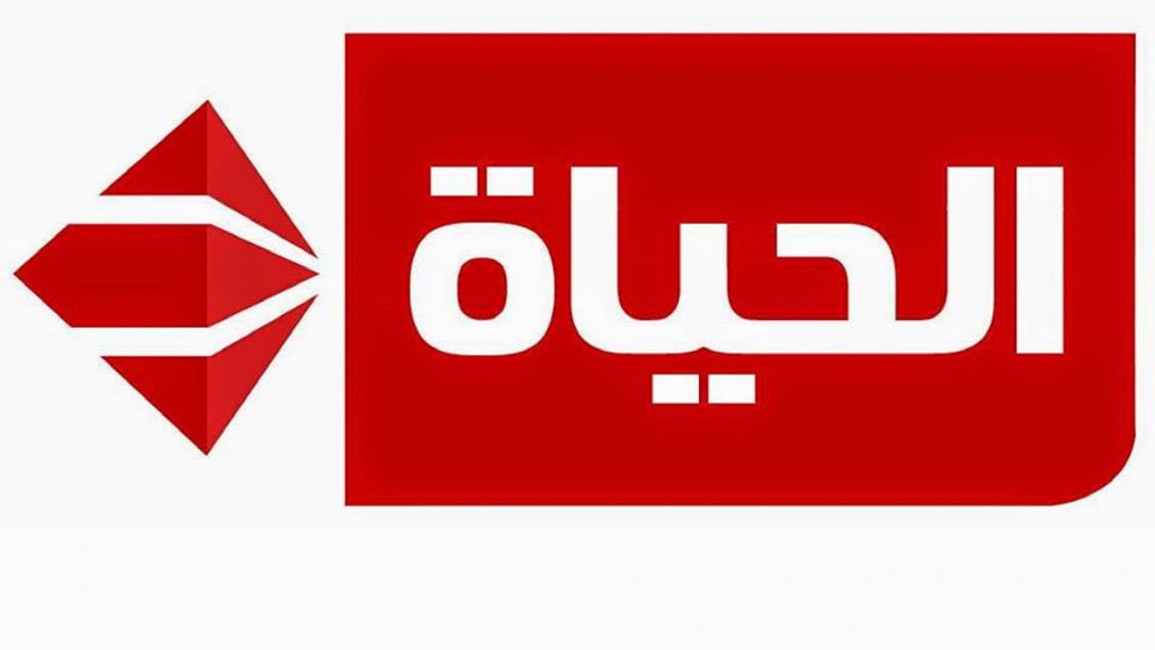Egypt's Sisi regime consolidates grip as security firm buys TV network
A subsidiary of a pro-Sisi Egyptian security agency has purchased the al-Hayat television network for more than 1.4 billion Egyptian pounds ($79 million), officials confirmed this week.
The deal comes a few days after rights group Reporters Without Borders warned Egypt's privately-owned media are increasingly dominated by businessmen linked to the government and its intelligence agencies.
Tawasol - owned by government-contracted security firm Falcon Group - signed the deal with politician and chairman of the Sigma Media Company Dr Sayed Al-Badawi on Tuesday, a statement announced.
"An agreement was made to purchase the shares of the entire channel from Sigma Media Company, owned by Badawi," a statement said.
The new owner, Falcon Group, will receive full management of the network's studios as of next week, it added.
The deal is described as "the largest" in Egyptian media in recent years, according to the statement.
Al-Hayat was temporarily taken off air by the Egyptian Media Production City (EMPC), Egypt's regulator for private media companies, for its rising debts.
In a statement announcing the sale, Badawi said "the channel's debt exceeded one billion Egyptian pounds, and generated only EGP 700,000 of advertising revenue last Ramadan - EGP 91 million during the holy month, was directed to pay debts."
In July, the Falcon Group launched a company called "Tawasol" to complete the sale for its benefit, completing the intelligence plan for media expansion.
Falcon has about 15,000 security personnel, overseen by former army, police and intelligence officers, and provides some security services for foreign embassies in Cairo, such as Saudi Arabia and Kuwait, and Mobinil, Pepsi and Coca-Cola companies, as well as the Suez Canal Project.
Virtually all Egyptian media outlets are openly supportive of the government, which in recent months has blocked hundreds of websites, including many run by independent journalists and human rights organisations.
Authorities have set up media watchdogs to monitor journalists' work, made it a crime to report "false news", and have arrested a number of reporters.
Egypt has jailed thousands of people and curbed basic freedoms since the military overthrow of an elected Islamist president in 2013.



